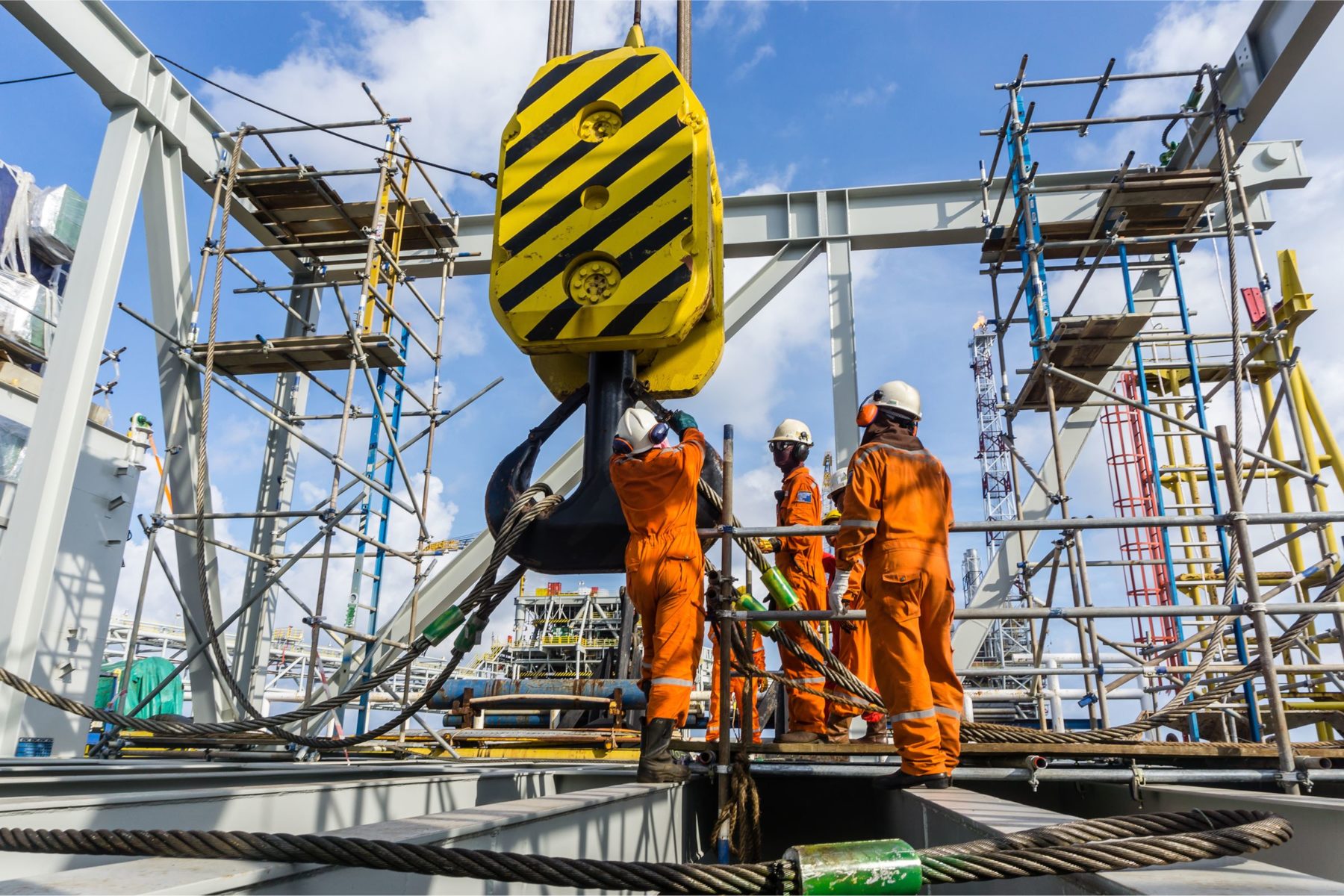
Essential Concrete Safety Tips: Protecting Workers on the Job Site Working with concrete is a fundamental aspect of the construction...
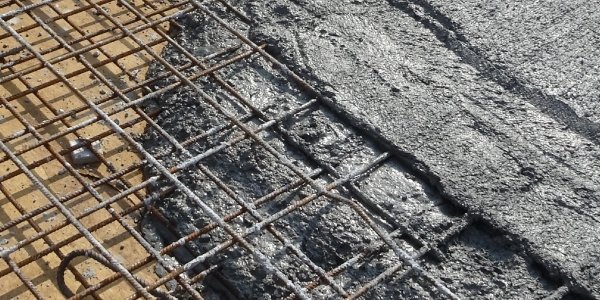
Selecting the appropriate type of concrete is crucial for the success of any construction or renovation project. With a wide variety of options available, from ready-mix concrete to self-leveling concrete, it can be overwhelming to choose the most suitable one. In this complete guide, we will explore the key factors to consider when choosing the type of concrete for your project.
The first step in choosing the right type of concrete is understanding the specific needs of your project. Will it be used indoors or outdoors? Is additional strength required? What kind of finish are you looking for? These questions will help determine which features are most important to you.
The type of project you are undertaking will influence the type of concrete you need. For example, a paving project will require different concrete than that used in constructing a slab for a garage. It’s important to select concrete that suits the specific demands of your project.
The strength and durability of the concrete are crucial factors to consider, especially if it will be used in heavy-duty applications or outdoor environments. Refer to manufacturer specifications to determine the compressive strength and durability of the concrete you are considering.
The ease of handling and workability of the concrete are also important, especially if you are doing the work yourself or hiring a construction team. Choose concrete that is easy to mix, pour, and manipulate to ensure a smooth construction process.
The finish and appearance of the concrete are important aesthetic aspects to consider, especially if it will be used indoors or in visible areas. There are a variety of options available, from polished concrete to stamped concrete, each with its own unique look.
It’s also important to consider the environmental impact of the concrete you are using. Look for options that are environmentally friendly and minimize the use of natural resources and greenhouse gas emissions during production.
If you are dealing with a complex project or are unsure which type of concrete is best for your needs, don’t hesitate to consult with a construction professional. They can provide expert guidance and personalized recommendations for your specific project.
Conclusion: Choosing the right type of concrete is essential for the success of any construction or renovation project. By carefully considering your needs, project type, strength and durability, manageability and workability, finish and appearance, environmental considerations, and consulting with a professional, you can make an informed decision that ensures optimal results for your project.

Essential Concrete Safety Tips: Protecting Workers on the Job Site Working with concrete is a fundamental aspect of the construction...
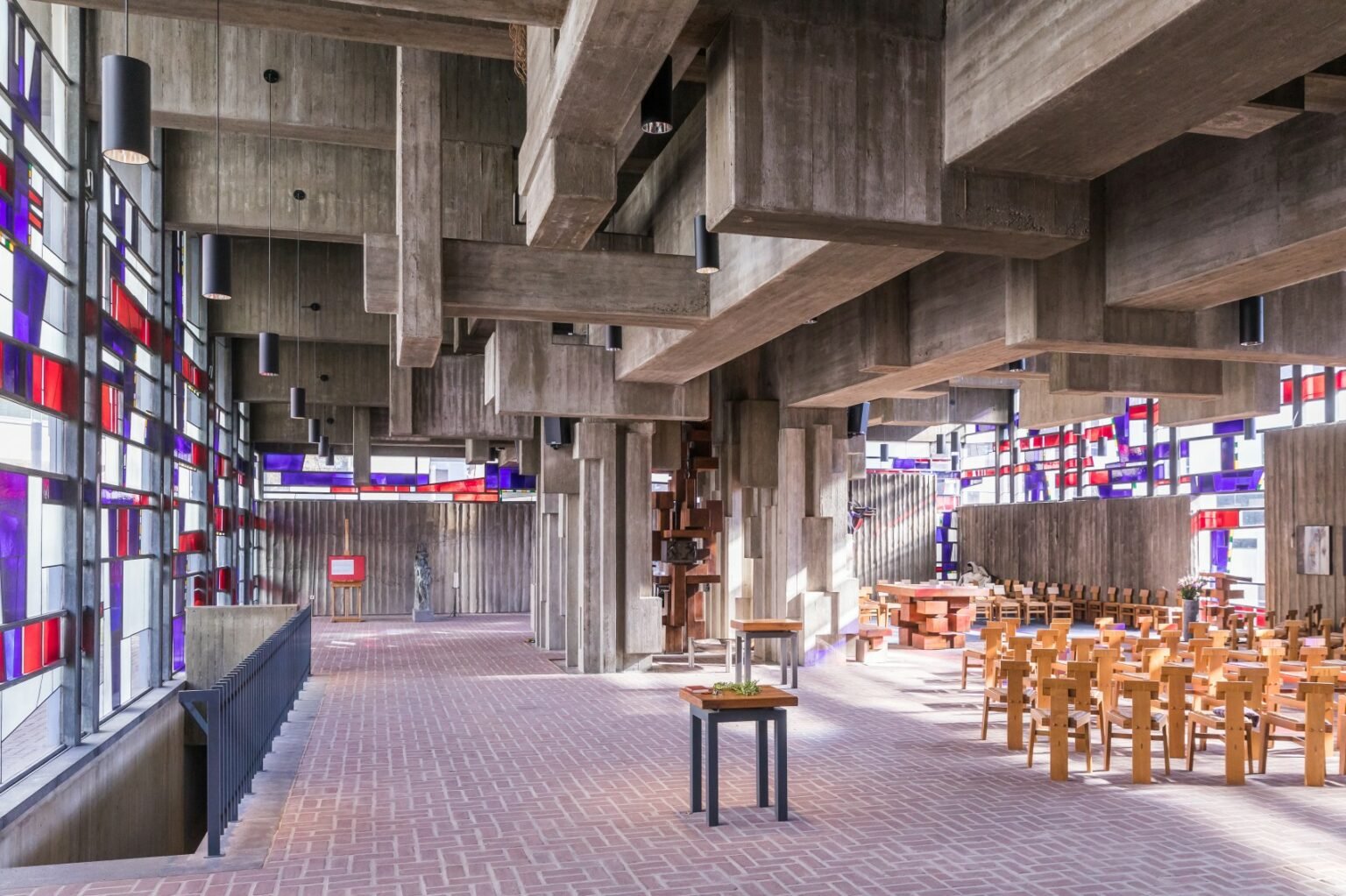
Decorative Concrete: Trends in Modern Finishes for 2025 Concrete is no longer just a construction material — it’s become a...
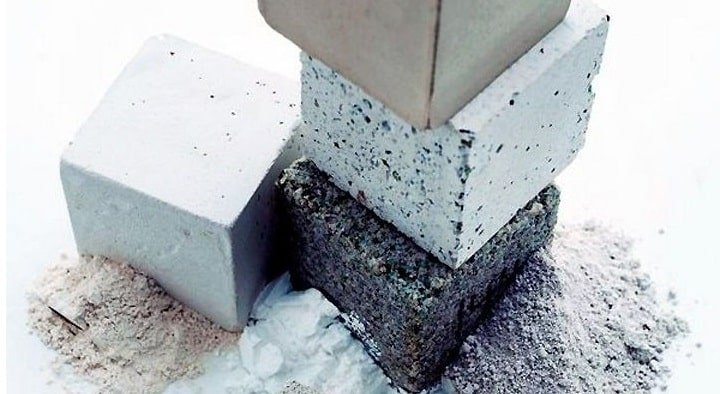
Sustainable Concrete Innovations in 2025: The Future of Eco-Friendly Construction In 2025, the construction industry continues its transformation towards sustainability,...

The Science Behind Concrete Cracking: Causes and Solutions Cracks in concrete are one of the most common issues in construction,...

Top 10 Concrete Myths Debunked: What Every Contractor Should Know Concrete is one of the most widely used construction materials,...
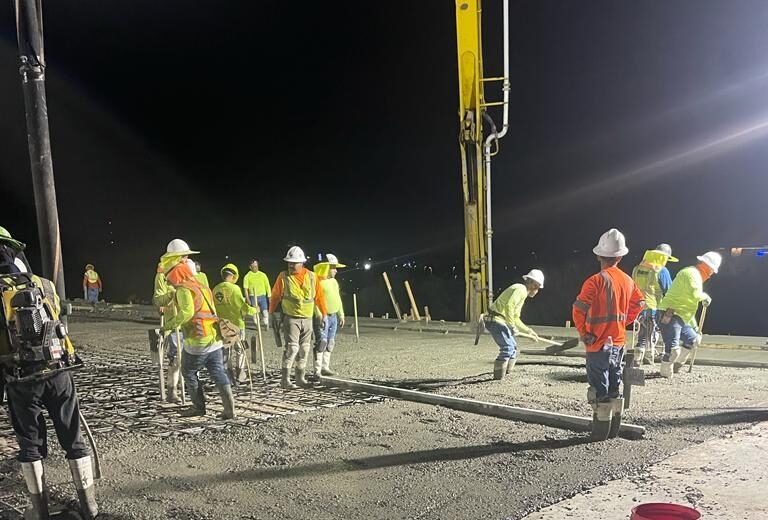
How to Plan Concrete Pouring in Large Construction Projects Pouring concrete in large-scale construction projects requires meticulous planning, logistical coordination,...
© 2023 Created with RGA Concrete Contractors LLC
This website uses cookies to provide you with the best browsing experience.